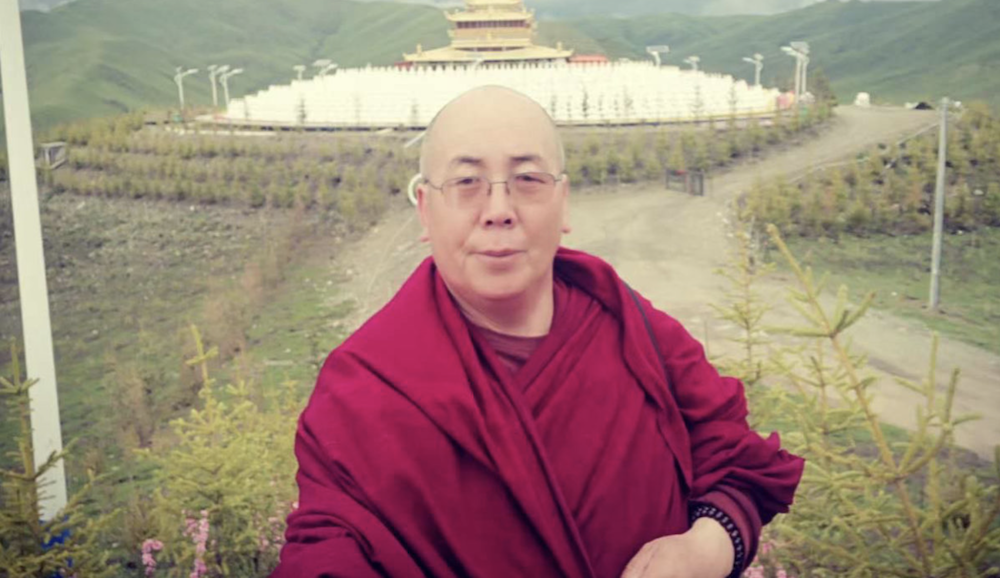Beijing: Dealing with Tibetan separatists is more complicated for China than fighting the Uygur Muslim militants in Xinjiang as the former have not been categorized by the UN as terrorists and are aided by “foreign anti-China forces,” a top official of the Communist Party of China (CPC) in Tibet has said.
Zhang Qingli, CPC’s Tibet Party chief said in a rare interview that Tibet, being a difficult geographical area poses great difficulties in development activities because the region not only has the harshest natural conditions but also the most complicated social environment.
“Tibet’s development is constantly disrupted by foreign anti-China forces and the Dalai (Lama) clique,” he told state-run China Daily blaming the Tibetan spiritual leader for initiating riots in Lhasa on March 14, 2008, which left 19 dead and more than 400 people injured.
The riots were regarded a result of the resentment brewing among the local Tibetans against the Han Chinese settlers from the mainland.
Zhang regarded as a tough task master was posted in Tibet in 2005 after a successful stint in Xinjiang, yet another hostile province bordering Pakistan, where Chinese forces grappled to put down the revolt of Muslim Uygur militants spearheaded by separatist East Turkistan Islamic Movement (ETIM) and was rocked by China’s worst riots in decades in July 2009.
The violence left 197 dead and 1,700 injured. Based on his experience in Xinjiang where Uygurs protested increasing presence of ethnic Han Chinese, who constitute over 90 percent of China’s population, Zhang drew a close parallel between the Muslim Xinjiang and the Buddhist Tibet.
He said Xinjiang has more than 20,000 mosques but only 8,000 Imams (clerics), whereas Tibet has fewer than 1,800 Tibetan-Buddhist temples but is home to more than 46,000 monks, making monks an integral part of Tibetan life style.
Also the ETIM, the main separatist force in Xinjiang, has been listed as a terrorist group by the United Nations so authorities can fight them when they strike.
But the strategy to deal with separatist forces in Tibet, such as the Tibetan Youth Congress, needs to be different because they are not categorised as terrorists yet, Zhang said.









